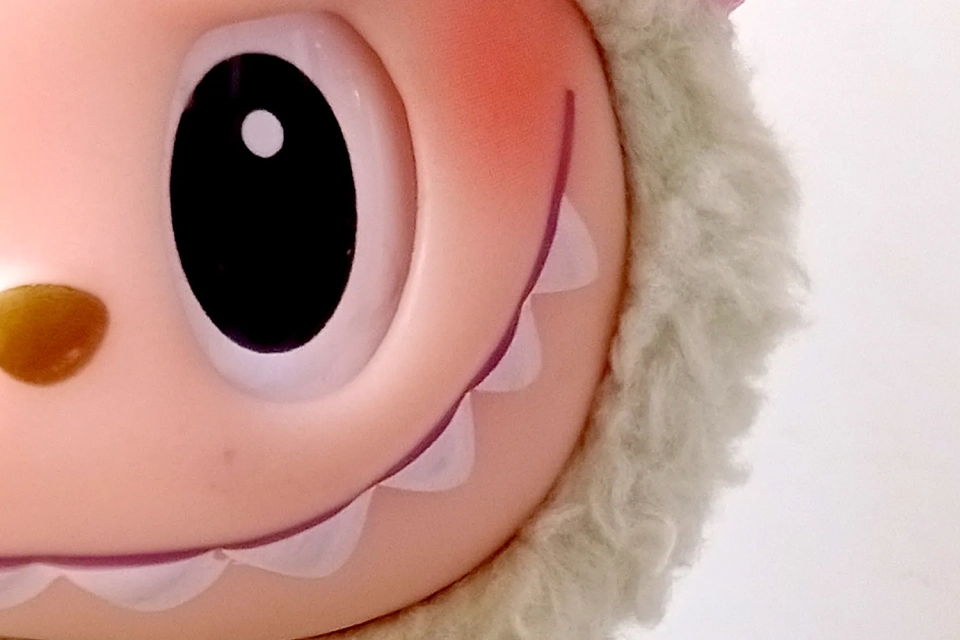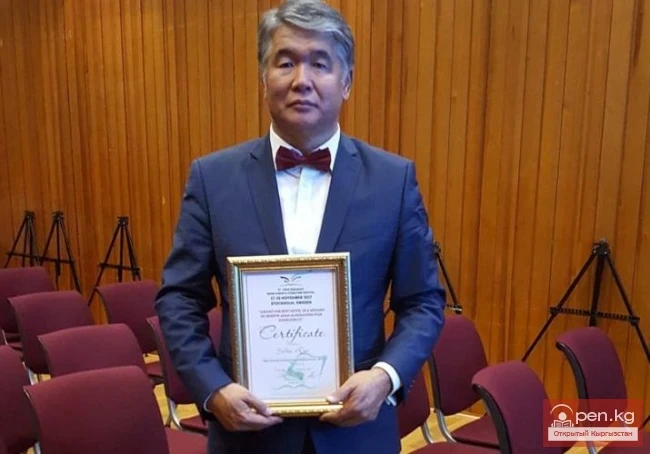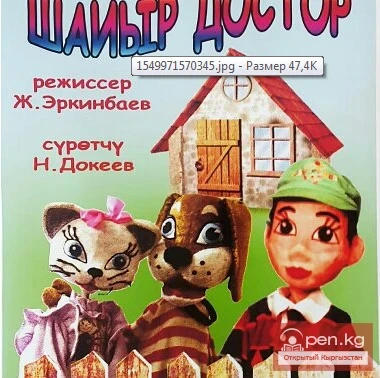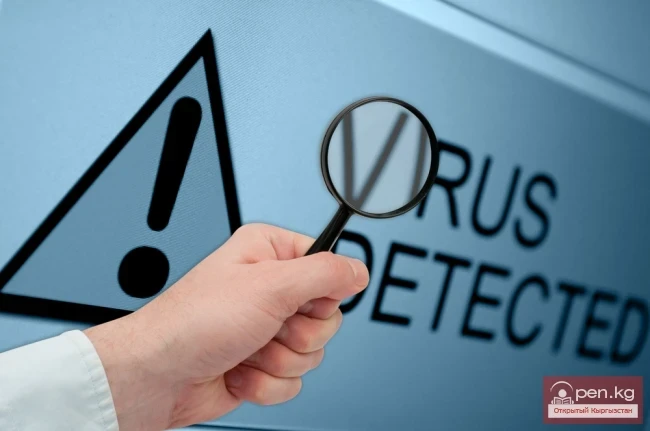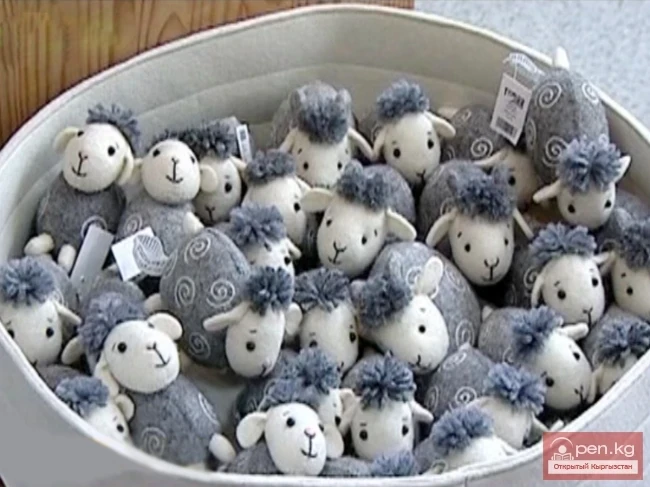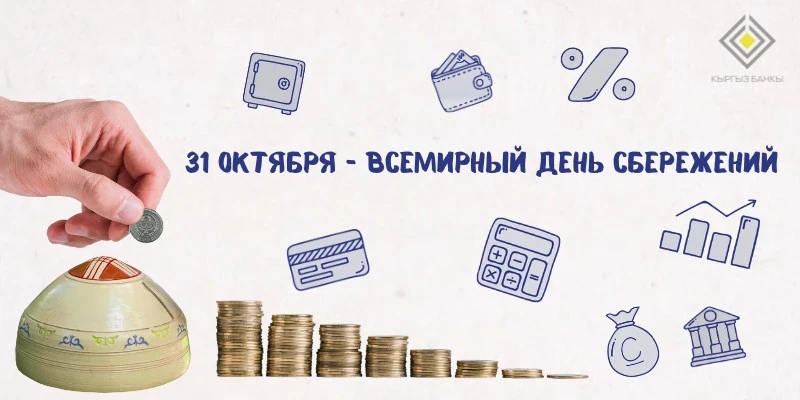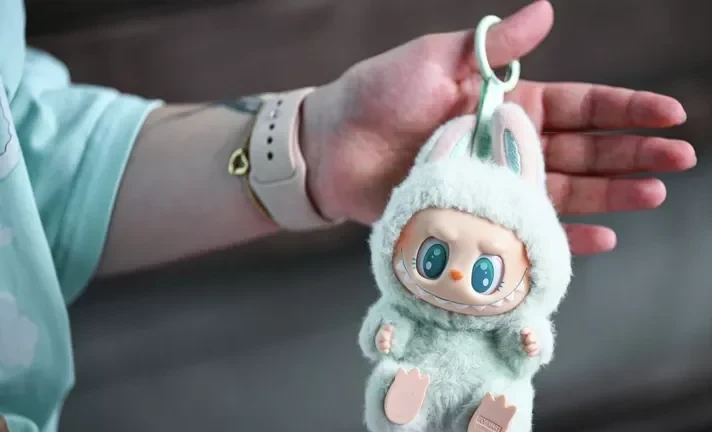
In Sweden, according to information from the Chemical Products Agency (Kemikalieinspektionen), a dangerous chemical was identified in counterfeit Labubu dolls. As reported by RIA Novosti, analysis showed that the plastic surface of the faces of five out of seven tested dolls contained high concentrations of di(2-ethylhexyl) phthalate (DEHP) — a substance known for its toxicity to the reproductive system. It can negatively affect fertility and fetal development.
The use of DEHP in toy production has been banned in Sweden since the late 1990s, although in some other countries, this chemical compound continues to be used to reduce the cost of plastic processing.
The agency emphasized that young children are particularly at risk, as their bodies are still developing, and they often put toys in their mouths, increasing the likelihood of toxic substances entering their bodies.
Since the beginning of this year, Swedish customs have stopped the import of more than 5,300 counterfeit Labubu dolls.
In light of the upcoming "Black Friday" and Christmas sales, Swedish authorities have strongly urged parents to avoid purchasing counterfeit toys for their children, as they may contain dangerous chemicals and not meet safety standards.
Labubu is a designer plush toy with bunny ears and a broad smile, created by Hong Kong illustrator Kasing Lung. Since 2019, they have been produced by Pop Mart.
The popularity of Labubu surged sharply in 2024 due to viral trends and support from global celebrities. In the first half of 2025, Pop Mart reported a nearly fivefold increase in profits, reaching 4.7 billion yuan (approximately 52.6 billion rubles) amid high demand for figurines and keychains.
